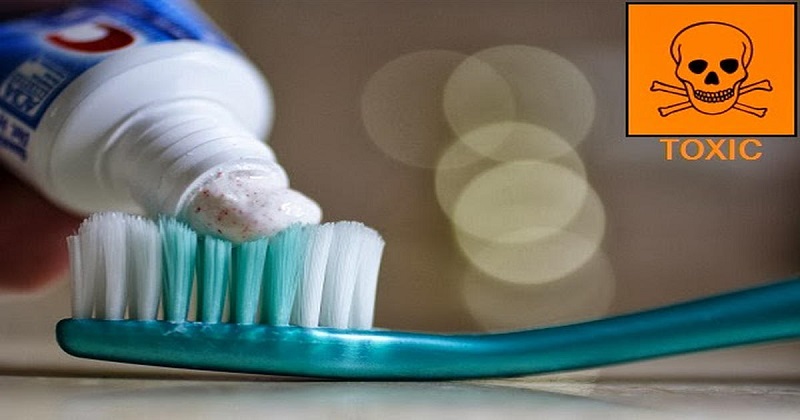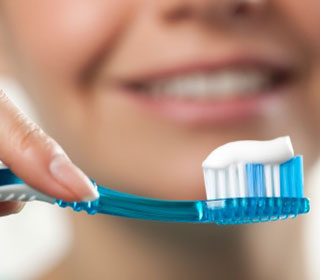
A Recent Study Finds Harmful Toxins In Toothpastes
News, Delhi: You might not think much about the ingredients in your toothpaste compared to the ingredients in your food or even other personal care products, but those pea-sized dollops on your toothbrush twice a day add up many harmful toxins which may lead to liver problems, depression, and cancer and is being phased out in several countries.

A recent study by Toxics Link, an environmental NGO, found triclosan, an endocrine disrupting chemical, in 72.8% of samples of two items of everyday use it tested in Delhi to determine the levels of the antifungal antibacterial agent present in them. triclosan can lead to liver problems, depression, and cancer and is being phased out in several countries.
According to the Study Test, 11 samples each of toothpaste and soap were randomly collected from different markets in Delhi and sent to the Shriram Institute for Industrial Research.
By thorough analysis, they found one of the soap sample and four toothpaste samples contained the chemical beyond the permissible limit of 3,000 ppm prescribed by the Bureau of Indian Standards.
“It is a disturbing trend that we are finding triclosan in such high concentration in toothpaste that is used every day ,” said Piyush Mohapatra, senior programme coordinator at Toxics Link. “It is even present in toothpaste meant only for children. The long-term health effects of the chemical are worrying.”

The study said that all personal care products seemed to contain from 0.1% to 0.3% of triclosan. Disturbingly, most of this got washed down the drain and ended up in the environment chain. The chemical is found in high concentrations in treated sewage sludge as well, which gets used in agriculture as a fertiliser, in turn affecting plants and wildlife.
Satish Sinha, associate director at Toxics Link, felt that stricter norms should be in place to regulate the chemical’s usage. “Triclosan discharged through wastewater into our water streams will adversely impact water quality and so has a direct bearing on the health of people as well as animals and ecosystems at large,” said Sinha.
“When safer alternatives are available, an initiative must be taken to regulate and gradually phase out the use of this chemical.”